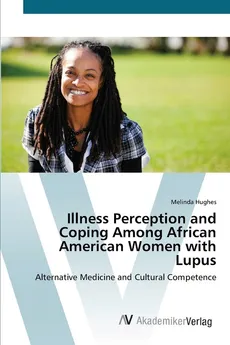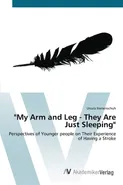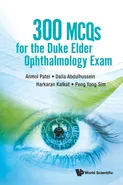Illness Perception and Coping Among African American Women with Lupus
Revision with unchanged content. This study examines illness perception and coping strategies of African American women that have been diagnosed with systemic lupus erythematosus (SLE). Lupus is three times more likely to affect African Americans than cauciasn women and African American women tend to have a more severe case of the disease. The study identifies concepts and relationships relevant to the experience for African American women diagnosed with lupus and determined how illness perception and coping influence their adaptation to the disease. The methodology used was a qualitative analysis of open-ended interviews with four African American women with lupus. Two hypotheses were posed in the study. The first hypothesis was that African American women with chronic illness, uses emotion focused coping strategies to cope with their illness. The second hypothesis was that the beliefs and perceptions of African American women about their disease determine how they will cope with their illness. Based on the hypothesis, four major themes emerged from the results of the interviews, adaptation/spiruality, centrality of family/medical mistrust and religion/beliefs. These themes were the major factors, which influence the participants' perception about their illness. The study examined the possibility that belief and coping styles can affect both physical health and psychological well-being.
























































